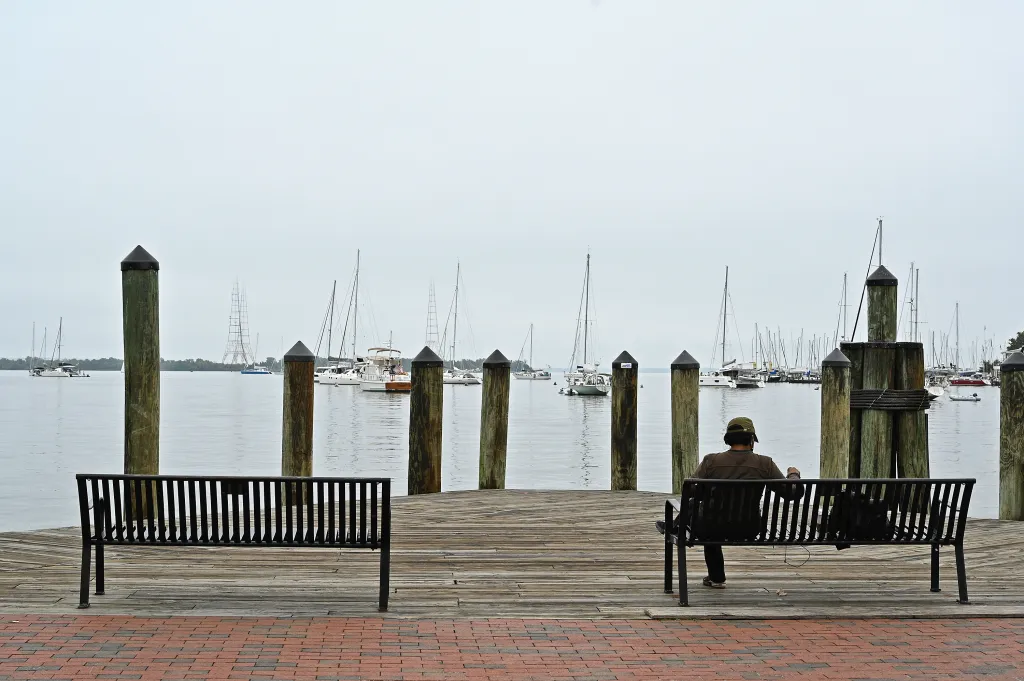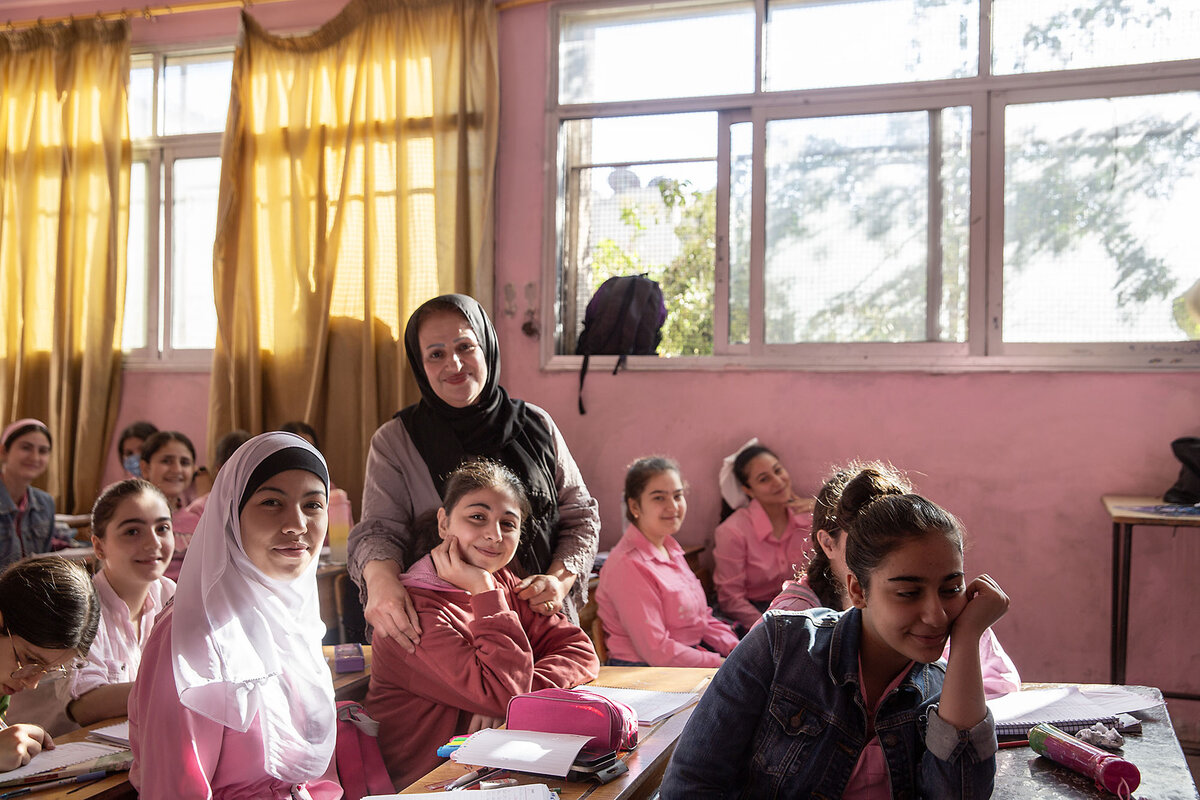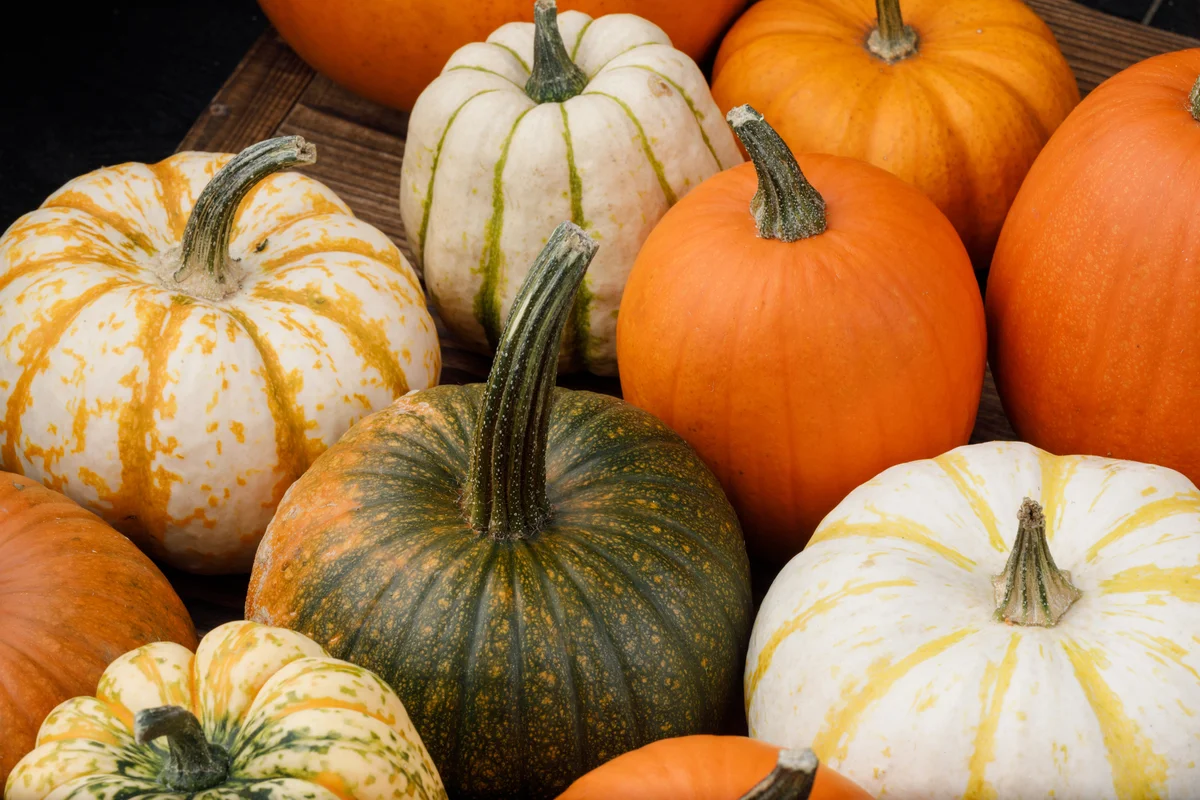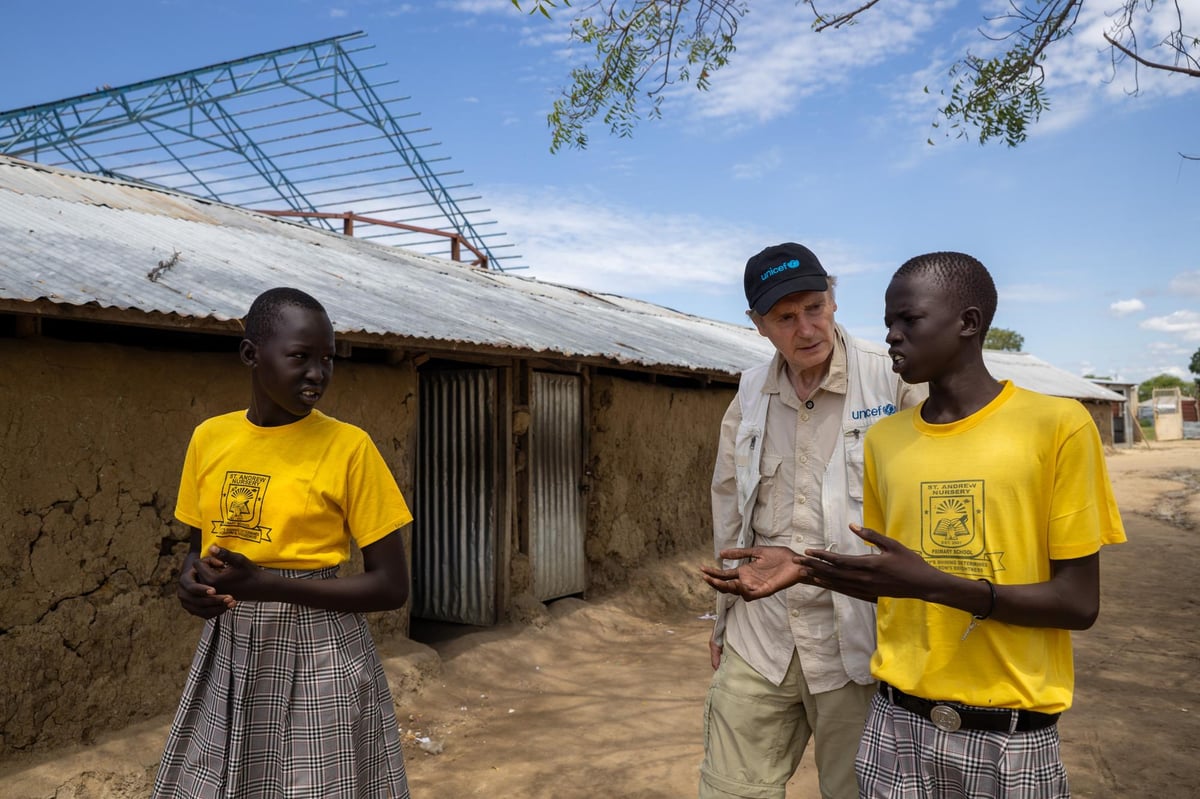Copyright Baltimore Sun

A piece of wisdom I find increasingly valuable was delivered in G major by storyteller and songwriter John Prine. “Hello in There” describes the aching loneliness felt by some of the oldest among us. Prine dolefully reminds us to simply say, “Hello.” But “staring out the back door screen while listening to the news repeat itself” is not just the purview of those with more decades to reflect upon. Increasingly, loneliness is part of the human condition. We’ve distanced ourselves from one another. Even in proximity, we seem more focused on our differences and disappointments than the condition of our whole cloth. We are quick to blame “others” for what we fear or what we deem broken. In the capacity of conflict resolution facilitator, I’ve heard many self-described open-minded, prosocial individuals harshly judge those they know nothing about, citing skin color, religious beliefs, education level, nationality or income strata as justification. The normality of podium-level dehumanizing, gun violence and anonymous, brutal enforcement of deportation crushes the lives of those directly affected and the spirit of witnesses. The denial of basic human needs, including belonging and dignity, observed daily, hardens hearts. Those cruelties encourage fear and diminish hope, leaving us all victims of the isolation Prine laments. Scholars and pundits have considered how to heal our nation. The need for revolutionary change is common across national-level political and civic recommendations. I believe it is imperative at the grassroots level as well. The ability of individuals and communities to thrive depends on the quality and consistency of our engagement with one another. When communities are cohesive and principled, they’re more able to withstand leadership failures. The importance of “weak ties” reemerged during the pandemic when we collectively mourned the absence of interactions with baristas, colleagues, neighbors and other casual acquaintances. In 1971, Stanford sociologist Mark Granovetter published a then-groundbreaking paper on the importance of these casual relationships. “Weak ties connect you to networks that are outside of your own circle. They give you information and ideas that you otherwise would not have gotten.” Therein lies the ability to learn, cultivate empathy, gain competencies, build resilience and even secure employment. Revolutionary, for sure. Admittedly, this seems as conceptually simple as a Hallmark Christmas movie. But quality interactions with loose acquaintances and strangers have become endangered. The proportion of Americans who feel they could reliably trust other Americans shrank to 34% in 2024. “Large shares of Republicans and Democrats associate negative traits with members of the other party,” including closed-mindedness and immorality. Social distancing from one another extends to those we once held dear. A 2024 Harris Poll reports, “about half of U.S. adults are estranged from at least one close relation.” Political differences are among the reasons cited. If we hope to fortify ourselves against a weakening democracy, we’ll need to toughen up. “Aggressive compassion,” a term I heard while interviewing residents of Sperryville, Virginia, population approx. 300, sums up the required skillset. “Kill yourself with kindness in the face of frustrating disagreement,” explained a Sperryville Community Alliance committee member with project planning responsibilities. This involves digging deep within oneself to find the patience, understanding and resetting of priorities necessary for connected coexistence. Aggressive compassion requires living with discomfort periodically. Avoidance isn’t allowed, and debate is off-limits. Cynicism? Forget about it. Polite discussion, curiosity and consideration of alternatives may be substituted. Willingness to forgo arguments is essential because “we have everything else in common,” explained another Sperryville resident after laughing deeply at the red-blue divide that exists elsewhere. And rarely does one succeed in changing minds. Facts tend to be irrelevant. Trust, however, is essential for communities to prosper. “Hello in There” finds the grief we secrete away. The song’s truth is simultaneously excruciating to endure and impossible to ignore, like some of the encounters we must courageously face with aggressive compassion. Prine reminds us of the emptiness felt when confronted with cruelty or, worse, abject indifference. That pain is part of the “everything else” we have in common. It seems revolutionary to start with, “hello.”



